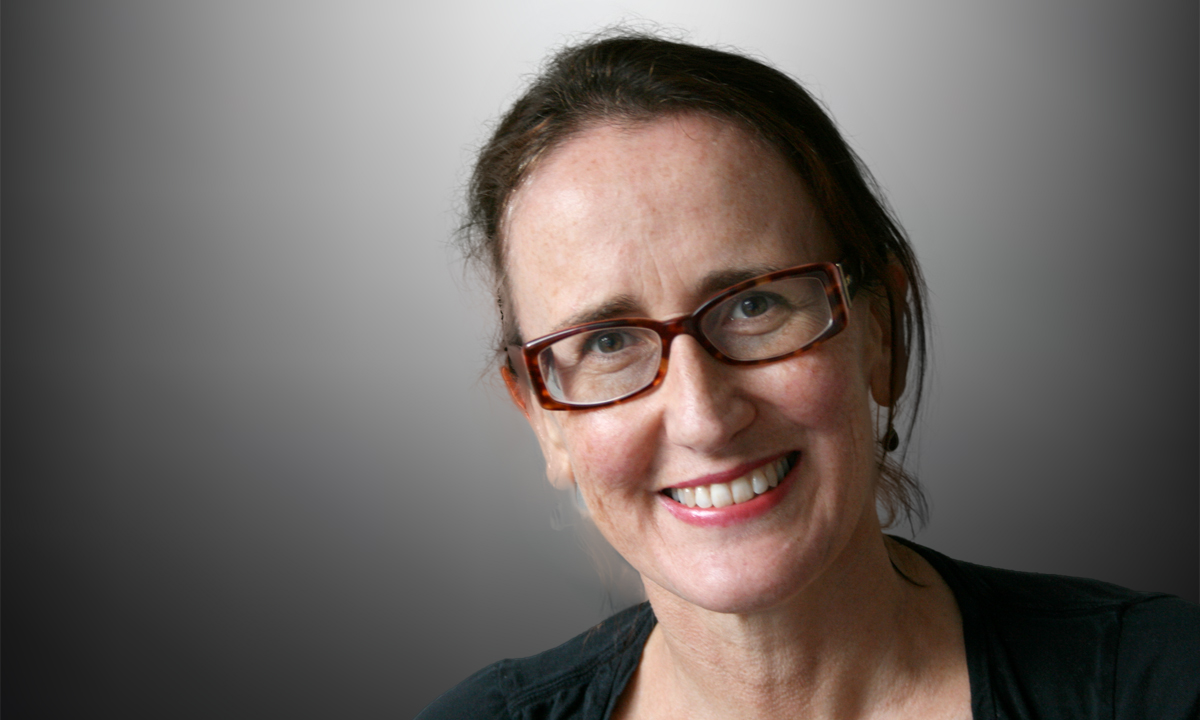IT IS customary to start a new year with resolutions: to actually use that expensive gym membership, to cut down on alcohol or sugar, to take steps towards the much vaunted, but elusive, state of “wellness”.
I’m not immune to the general desire for self-improvement, but I’ve been trying to work out why the “W” word bothers me so much. After all, what could be wrong with the idea of seeking to be well?
Sociologist James William Miller has traced the concept of wellness back to 19th-century American religious and cultural movements, such as Christian Science, which sought to draw links between spiritual and physical health.
A prominent health advocate of the times who was influenced by such ideas was Horace Fletcher – also known as “the great masticator” – who believed the secret to good health was chewing your food until every skerrick of flavour had departed.
One of the foundational beliefs of Fletcherism, Miller writes, was that Mother Nature could not err and health problems therefore must result from our own behaviour.
“Sickness was the result of sin – the sin of improper behaviour on the part of the individual, whether it be nutritional sin or sin regarding some other sort of behaviour … [Fletcher] came to the conclusion that many health problems began with what one put in one’s mouth and what one did with it once it got there. These were the things over which one had control, and therefore one had the individual responsibility to change what one could control so as to avoid sin.”
Today’s wellness advocates may not be so fond of the word sin, but there can be a quasi-religious tone to their proclamations, often co-existing with clearly commercial ambitions.
Type “wellness” into a search engine and you’ll be offered a collection of day spas, detox retreats, chiropractic clinics, naturopaths, water filters, essential oils, and a host of products promising to make you healthier, happier and above all younger.
If it’s all a bit overwhelming, don’t worry. You can hire a “wellness coach” to direct you through the maze.
You could be forgiven for thinking wellness, described by one site as “the holy grail of modern life”, is available for purchase: a massage, some goji berries and a kilo of wellness to go.
The so-called Global Wellness Institute (established in 2014) describes the “global wellness industry” as a $3.4 trillion market, with its top three sectors being beauty and anti-ageing ($1.03 trillion); healthy eating, nutrition and weight loss ($574 billion); and fitness and mind–body ($446 billion).
Other sectors generating billions of dollars include wellness tourism, alternative medicine and wellness lifestyle real estate.
With so many services on offer, we surely only have ourselves to blame if that holy grail remains elusive.
I mean, if you can’t make the effort to source organic raw cacao powder and extra-virgin coconut oil … well, really.
And that, I suspect, is the source of my discomfort with “wellness”.
Echoing 19th-century Fletcherism, its salespeople often seem to suggest sickness results from our own sinful behaviours – in this case, the sin of not spending enough on superfoods and detox treatments.
Forget societal factors or genetic predisposition. Your chronic illness is the result of your bad choices and the only escape is via your credit card.
Of course, “wellness” is not exclusively owned by questionable practitioners.
Mainstream clinicians and health organisations use the word too, often to signal a shift in focus away from treatment of illness and towards preventive health and lifestyle interventions.
Increasingly, though, the idea of wellness has been hijacked by those with miracle diets and other baseless products to sell.
And the lines between mainstream medicine and quackery can blur in this arena too, as we saw with last week’s furore over anti-immunisation proselytising by the director of the Cleveland Clinic’s Wellness Institute.
Maybe it’s time for a new word?
Jane McCredie is a Sydney-based science and health writer, editor and publisher.
For CPD tracking, jobs board, GP desktop, and events, visit doctorportal.

 more_vert
more_vert
Hear! Hear! Andrew Jamieson – and I mean that literally.
As a fit but slowly crumbling septuagenarian, I would not want to live forever anyway! Imagine how exciting the world would be being overrun with millions of “well” 100++ yearolders. (A good plot for another Dr Who episode perhaps?) I would feel very sorry for those of working age who would have to support them. The effects of aging are so multifactorial and the consequent reduction in ‘wellbeing” – a much better term, is never going to be ameliorated by any one factor. In the meantime I will continue with my glass of wine a day, two sugars in my coffee, plenty of exercise and to hell with the wowsers, quacks and ‘health’ lobbyists.
I recently attended a RACGP-sponsored business management & work-life balance weekend. I found myself cringing with every reference to the term “wellness” as I had unknowingly associated it with all the pseudo science & clever marketing that abounds. I quietly offered to the lecturer who was shortly to give the same talk to a group of ED Physicians that perhaps “wellbeing” might be a less tainted term to adopt for such a hardy group of souls.
I couldn’t agree more. In fact, the very mention of the word now causes me to flinch. There’s a piousness about many who preach wellness and it’s frequently coupled with the misguided belief that good health is within everyone’s reach, just as long as we’re prepared the follow the ‘rules’. The result is many people suffering chronic illnesses or even cancer can feel subtly blamed for somehow bringing on their illness themselves.